It’s been one of those weeks where it feels time both flew by and stood... still.
This week started with some really bad news but before we get to that, let’s start where we last left off.
Thursday.
On Thursday, our local hospital announced that it was just days away from having to shut its doors due to the fuel shortage.
With this grave possibility on the horizon, we met with our advisory team. This group of experienced obstetricians, midwifes, and nurse practitioners made recommendations that would help us care for higher risk clients in the event that there was no where else they could go.
One of the resources we have to watch is oxygen. Our team told us about new evidence that changes how we use oxygen at the Birth Center and means that our current supply should stretch even longer.
This was really good news.
On Friday, the roads in to town were clear from 8 AM to noon so we made a bulk purchase of supplies for our newest campus, in an effort to transport these supplies while vehicles were still able to pass on the mountain road.
Next we spent time transmitting the new protocols to our two Maternity Centers by WhatsApp. Both major cellular companies weren’t functioning without fuel to power their stations. But on this day, we had a strong internet connection—thanks to a special tower that connects our two campuses via one network. The teams at both centers were able to listen to the messages and make adjustments.
Thankfully the new protocols were dispersed on Friday, because on Saturday we didn’t have internet.
Since roads to the Dominican Republic were clear, we decided to use the day to make a 24-hour trip across the border. The trip allowed us to fill up the vehicle we use to transport women to the hospital in emergencies.
On Sunday, we made it back to our center in Cap Haitien with a full tank of gas—enough for several weeks of life-saving voyages to and from the hospital.
More good news.
More deep breaths.
And then the other shoe dropped.
Within an hour of arriving back at our Cap Haitien campus, news broke that cholera— the deadly disease that claimed 10,000 in Haiti in 2012— had resurfaced in an impoverished community outside of the capital.
At the same time, Culligan— the main supplier of purified water in Haiti— announced that their fuel stores had run dry and they could no longer make drinking water safe for the public.
Clean drinking water is the most effective way to slow the spread of cholera.
We didn’t waste a single minute.
Thanks to the help of board members and friends within less than an hour, we had placed orders for thousands of water treatment tablets, purification systems, and filters.
The first of these supplies should arrive on Saturday.
While the news of cholera's return feels heavy, we can still taste the optimism.
Thanks for your check-ins and prayers this past week.
Your kind words and contributions made this week a bit more bearable.
We appreciate you.
❤️ from Haiti




